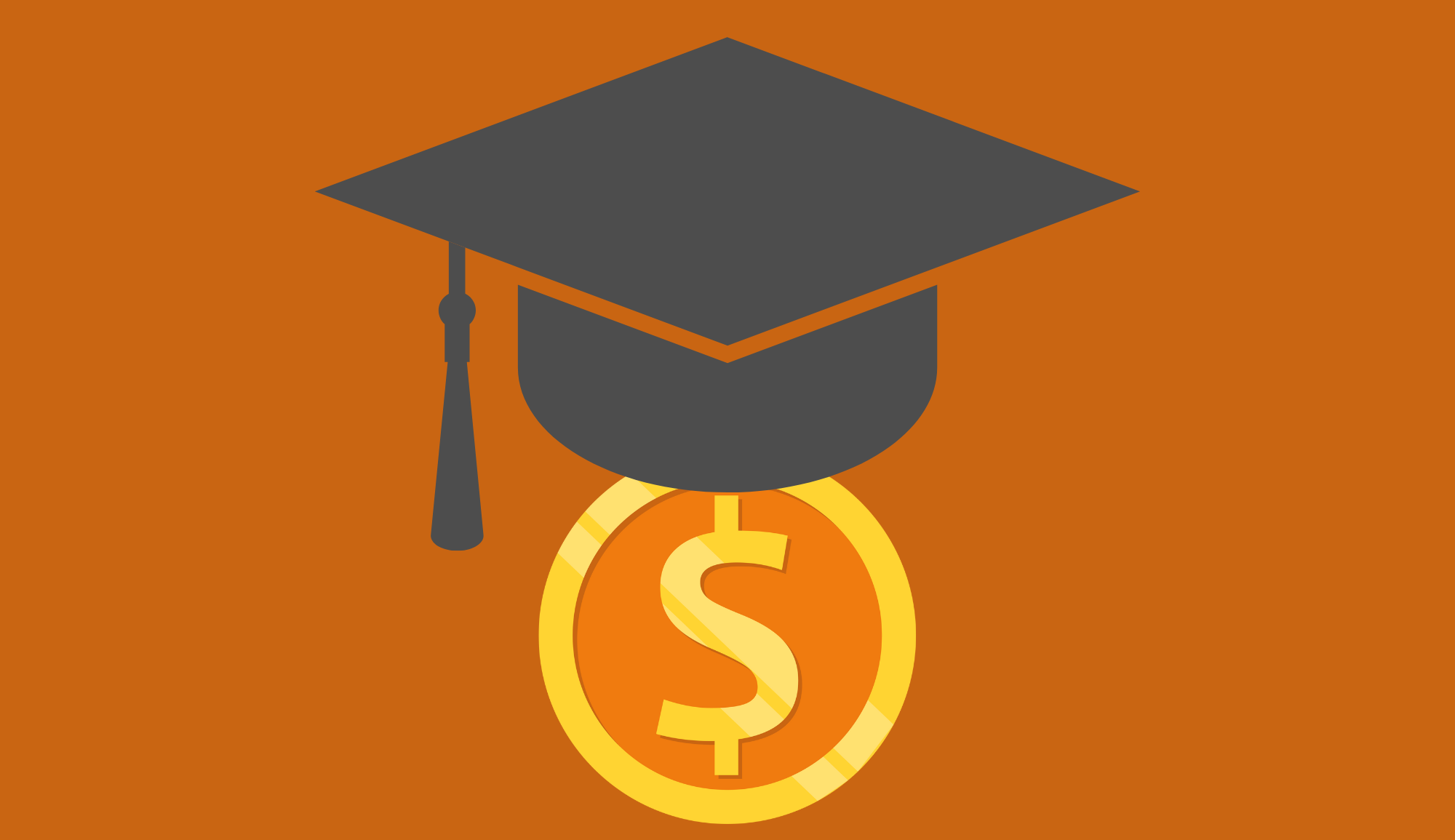Graphic by Alison Miccolis on Canva.
ALISON MICCOLIS | EDITOR-IN-CHIEF | amiccolis@butler.edu
In a 6-3 vote on June 30, the Supreme Court of the United States blocked President Joe Biden’s student loan forgiveness program.
Biden, in an attempt to fulfill one of his campaign promises, announced in August 2022 a three-part plan to relieve low- to middle-income borrowers of more than $400 billion of student loan debt. More than 40 million Americans were eligible to apply. Prior to SCOTUS’s decision, over 26 million borrowers applied and more than 16 million of them were approved.
The loan forgiveness plan only applied to an individual if they received a federal loan and made less than $125,000 a year. Students who received the federal Pell Grant would have up to $20,000 waived from their student loans. Borrowers who did not receive the Pell Grant were limited to $10,000 taken off their student loans.
Biden defended his plan as legal under the Higher Education Relief Opportunities for Students, or HEROES, Act of 2003. The act allows the Secretary of Education “to alleviate the hardship that federal student loan recipients may suffer as a result of national emergencies.” The Biden administration cited the COVID-19 global pandemic as grounds to employ the HEROES Act.
Just over a month after the plan was announced, six states sued Biden, accusing him of executive overreach.
Chief Justice John G. Roberts Jr., who wrote the majority opinion, said that the Biden administration overstepped its authority and would have needed the approval of Congress for this kind of mass debt cancellation program.
Justice Elena Kagan wrote a dissenting opinion, joined by Justices Sonia Sotomayor and Ketanji Brown Jackson, in which she said that the Court should not have decided the case at all because the six states that brought the case to Court did not have legal standing to do so.
Kagan explained that “under Article III of the Constitution, a plaintiff must have standing to challenge a government action. And that requires a personal stake — an injury in fact. We do not allow plaintiffs to bring suit just because they oppose a policy.” She argued the plaintiffs in this case had no personal stake in the loan forgiveness program.
Kagan called the decision an “overreach” in which the Court got to decide that “some 40 million Americans will not receive the benefits the plan provides.”
Sophie Graham, a junior history-anthropology and classics double major, applied for the student loan forgiveness program. She was cautiously optimistic that Biden’s plan would be approved. However, she knew it was not a guarantee and therefore did not make any decisions assuming her debt was forgiven.
“We hadn’t planned on having the debt relief there,” Graham said. “So the net impact on me is not a lot. It just definitely means that I’m for sure going to have debt and my parents are going to have debt … when I graduate.”
Biden spoke at the White House after the Court issued its ruling. He said his administration is finding a new way to move forward with the loan forgiveness program, this time enacting the Higher Education Act rather than the HEROES Act. This new plan would take longer to implement. However, Biden said it is “legally sound.”
Millions of federal student loan borrowers had the option to pause payments starting in March 2020 under the HEROES Act. After the Supreme Court’s decision, payments will begin again in October. Loans will accrue interest starting on Sept. 1.
Students who have questions about their student loans or school financial plan can contact Butler’s Financial Aid Office at finaid@butler.edu.



